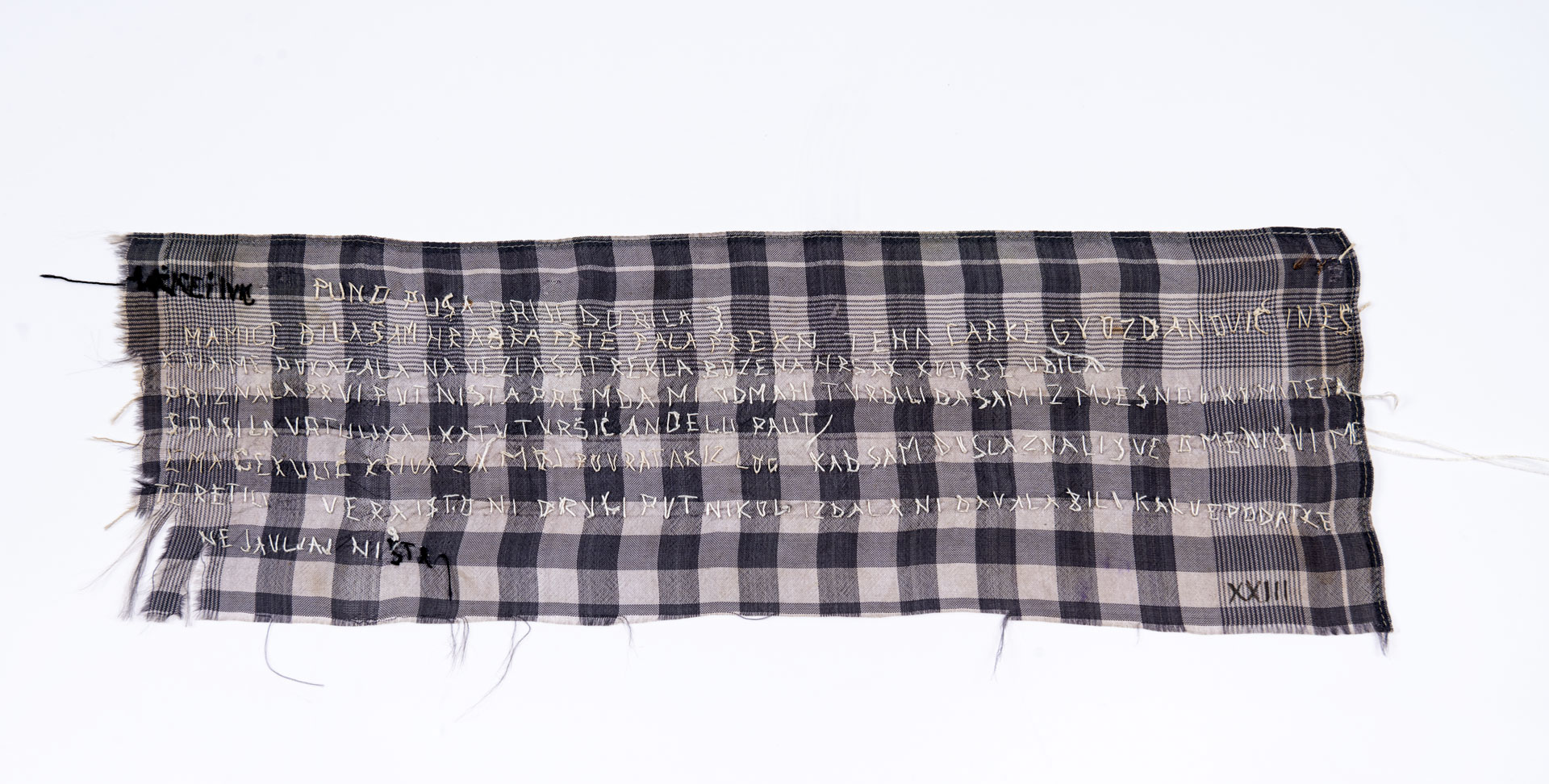Resisting torture
The Nazi authorities and their collaborator regimes tried with all means to destroy resistance groups. When they arrested real or supposed resistants, they often employed torture in order to force them to deliver information about their identity, their group and their activities. It could be physical violence, starting from beating, and psychological torture, for example by threatening to harm family members if he or she would not speak.
Arrested resistants faced a terrible situation. They knew that if they would speak this would certainly lead to the arrest of others and probably to their death. Some indeed did not talk at all, others tried to deliver only partial or non-essential information, some chose to commit suicide in order not to speak. And many talked. Is it possible to blame someone for this when he/she is tortured? Resistance groups were aware that most people would talk under torture. In the French resistance, for example, the instruction was therefore to try to resist the interrogations for at least two days – this would provide time to warn others and to re-organize the group.
It is also often difficult to know how much arrested persons did talk or not. The historian Marc Bloch, one of the resistance leaders in Lyon, was arrested in May 1944, tortured by the Gestapo and then executed. His friends later said that he had remained silent. A Gestapo transcript of his interrogation found 60 years later shows that this was not case, but also that he mainly delivered information that the Gestapo was already likely to know, and that he avoided naming as many real people as possible, unless he knew they were already arrested or were outside of France, where the Gestapo could not arrest them.
Arrested resistants had also to live with the fear that their comrades would think that they had spoken while in custody. Vjera Fabijanić was a law student and a member of the KPJ and the Local Committee of the People’s Liberation Committee of the City of Zagreb ; she was arrested, tortured and kept in an Ustasha prison ; there she embroidered a secret message on a piece of cloth, intended for her mother, in which she wrote:“Mom, I was brave (…) I never betrayed anyone or gave any information”. Vjera Fabijanić was shot as a hostage after Partisan attack against Germans near Kruševo in December 1944.
How was it possible not to talk? I asked this Branko Petrina who had been tortured by the Ustasha. Nataša, he replied, it was not my conscious decision not to talk, I was simply speechless and could not say anything. Not after beatings, not after pulling out fingernails and toenails, not after threats that my whole family would end up in a camp… The best thing for me was when I fell unconscious after being tortured, and the worst was when they poured cold water on me and brought me back.
Nataša Mataušić & Nicolas Moll


